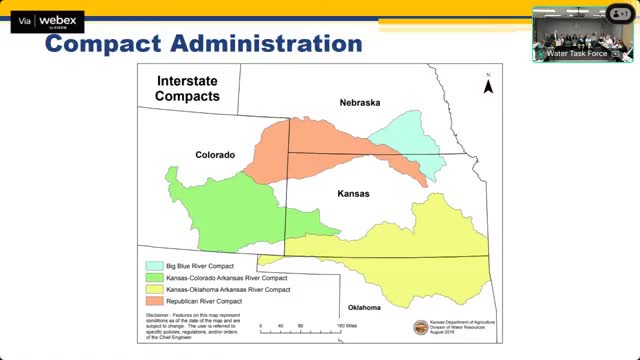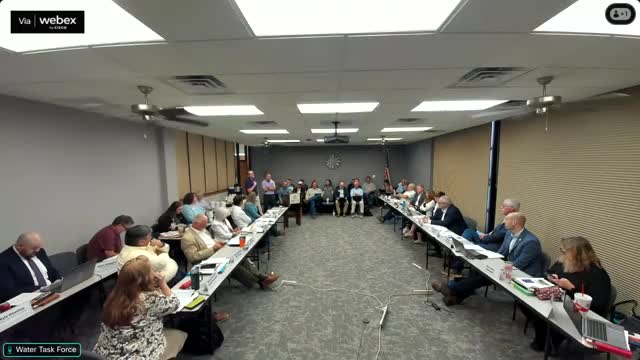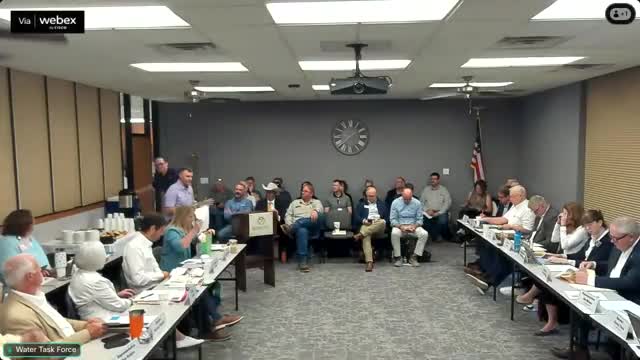Article not found
This article is no longer available. But don't worry—we've gathered other articles that discuss the same topic.

Dairy expansion in Kansas raises water‑footprint questions but producers report low on‑farm use and rising efficiency

Corps of Engineers outlines sedimentation challenge, starts Topeka‑built water‑injection dredge trial at Tuttle/Tele Creek

Kansas DWR details groundwater impairment investigations, urges monitoring and local solutions

